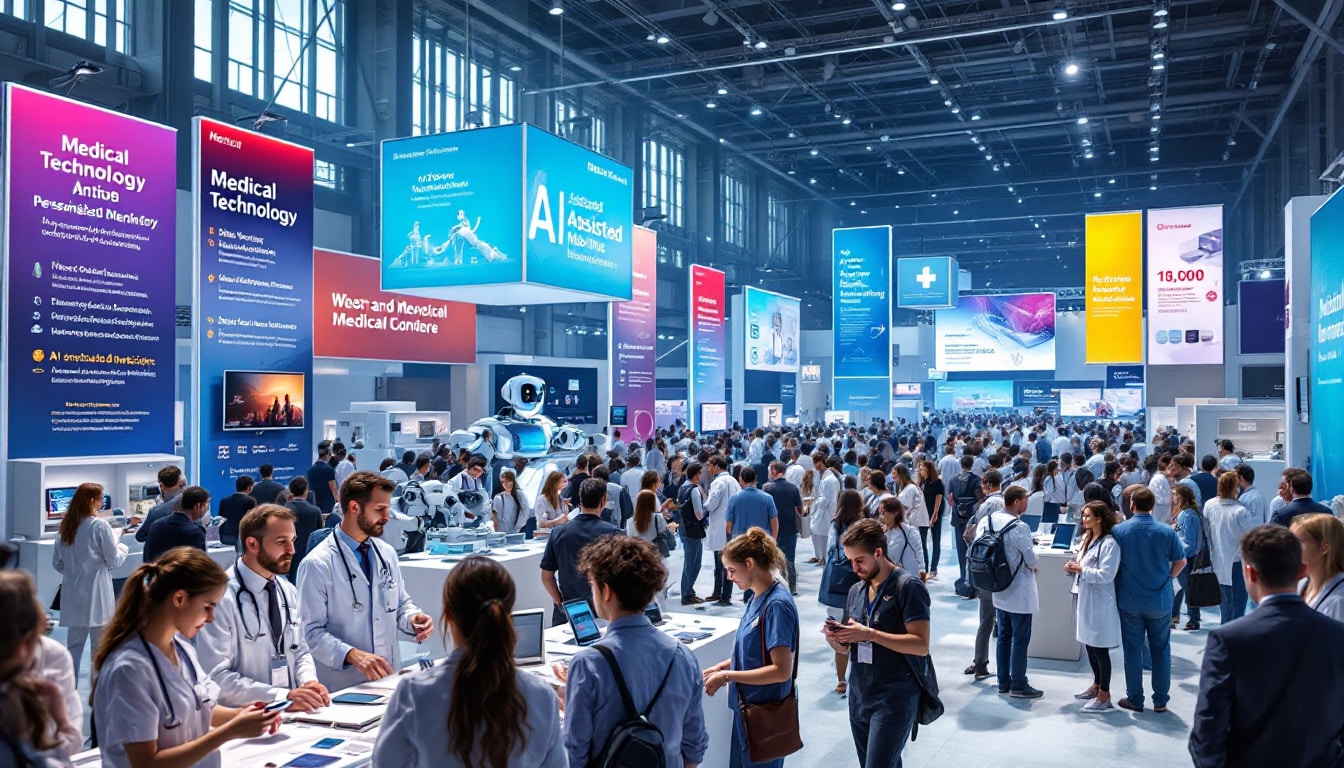The experts in medical technology Nordic countries stress the crucial importance of strengthening collaborations regarding the health technology assessments. Faced with growing economic challenges and the rapid evolution of treatments, they encourage an active dialogue between the different assessment authorities on the continent. These initiatives aim not only to maintain fair prices for medical innovations, but also to ensure that technological advances are widely accessible and beneficial for public health. Discussions are also envisaged with organizations beyond European borders, thus enriching the debate and promoting better integration of health needs.
THE medical technology experts Nordic countries emphasize the importance of increased collaboration in the field of health technology assessments (ETS). They argue that European countries can greatly benefit from mutual trade to avoid an unjustified increase in price treatments. In addition, discussions are underway with evaluation organizations located outside Europe, reflecting a desire tointernationalization assessment practices and harmonization of processes on a global scale.

Nordic medical technology experts encourage cooperation
The experts in health technology assessment from the Nordic countries have recently highlighted the importance of increased collaboration in this area. They believe that European countries have a lot to gain by sharing their experiences and joining forces to establish common standards. This would make it possible to counter unjustified price increases in the medical sector, while guaranteeing better patient care.
the impact of collaborations on assessments
The discussions around the international collaboration for the assessment of health technologies continue, not only within Europe, but also with entities beyond borders. Nordic specialists firmly believe that the exchange of ideas and practices can promote positive results for health systems. While some countries are just beginning their technology assessment efforts, others are making strides, creating an imbalance.
the future of technology assessments
Looking to the future, healthcare stakeholders must consider the crucial role that connected medical devices. These innovations could transform the way assessments are carried out, enabling real-time monitoring of clinical performance. Thus, Nordic experts are calling for further integration of digital technologies in order to modernize and optimize health technology assessment processes.
La collaboration n'est pas une solution pour la démocratie. https://t.co/7d9HkeS3dA
— Martin Clavey (@mart1oeil) September 4, 2024
THE medical technology experts of the Nordic region underline the crucial importance of increased collaboration between European countries to optimize health technology assessments. In a context of globalization and rapid progress in medical innovations, it is imperative to harmonize practices in order to avoid price disparities which could penalize health systems.
The evaluation of health technologies requires a collective approach that integrates the varied knowledge and experiences of different countries. By joining forces, experts can share valuable data, effectively identify emerging technologies and implement robust and transparent evaluation strategies. This is essential to ensure equitable access to quality care and innovative treatments.
The discussions currently underway, not only at the European level but also with entities outside the continent, illustrate the commitment of health authorities to working together. The sharing of knowledge and best practices will be decisive in overcoming the current challenges linked to increasing costs medical technologies. This will help foster an environment where innovation can thrive while remaining financially accessible for health systems.
In addition, this collaboration could also strengthen the transparency and the responsibility in the evaluation process, thus creating a climate of trust between stakeholders: governments, health professionals, manufacturers and patients. The benefits of such an initiative could transform the healthcare landscape in Europe, enabling better management of resources and, ultimately, improved clinical outcomes for patients.














